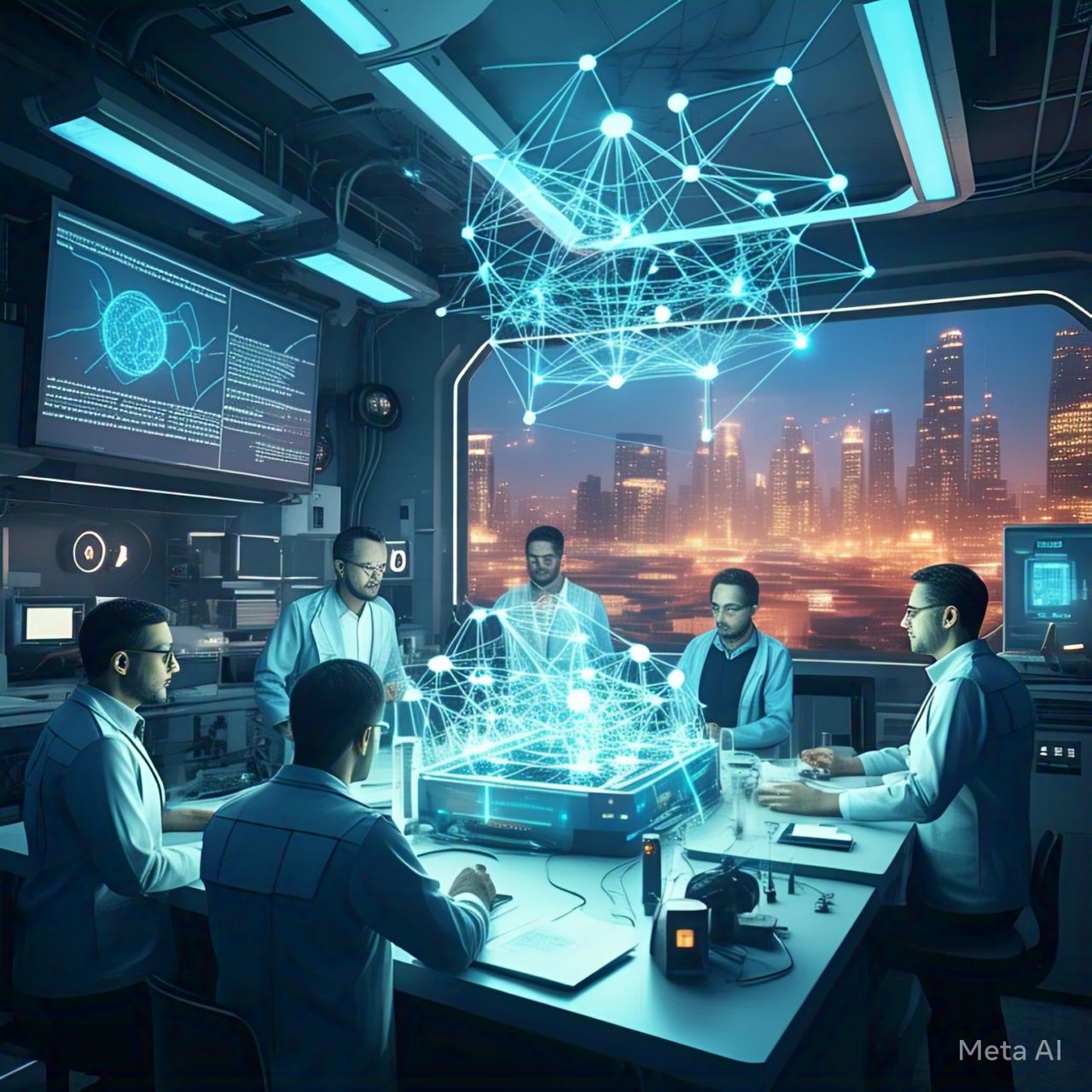Table of Contents
- Introduction
- How AI is Revolutionizing Crisis Management
- Applications of AI in Disaster Response
- The Ethical Implications of AI in Crisis Situations
- Can AI Make Mistakes in Crisis Management?
- AI and Human Collaboration: A Balanced Approach
- Case Studies: AI in Action During Global Disasters
- Risks of Relying on AI in Crisis Management
- The Future of AI in Crisis Response
- Conclusion
- FAQs
Introduction
Artificial Intelligence (AI) has transformed numerous industries, but its impact on crisis management is particularly significant. AI-powered systems can predict natural disasters, provide real-time data analysis, and assist in emergency response. However, with great power comes great responsibility—can AI truly be trusted in life-or-death situations, or could it unintentionally worsen crises? This article explores AI’s role in crisis management, weighing its benefits against its potential risks.
How AI is Revolutionizing Crisis Management
AI technologies enhance crisis response by:
- Predicting Disasters: Machine learning models analyze historical data to forecast hurricanes, earthquakes, and other disasters.
- Real-Time Data Processing: AI can quickly analyze satellite images, social media posts, and sensor data to assess crisis severity.
- Automated Emergency Services: AI-driven chatbots and virtual assistants help disseminate emergency instructions.
- Search and Rescue Operations: AI-powered drones and robots assist in locating survivors in disaster-stricken areas.
These capabilities significantly improve response times, potentially saving thousands of lives.
Applications of AI in Disaster Response
1. Predicting and Preventing Natural Disasters
AI uses predictive analytics to anticipate extreme weather conditions, helping governments prepare in advance. For instance, IBM’s Watson and Google’s DeepMind analyze climate patterns to warn of impending disasters.
2. Enhancing Emergency Communication
AI-powered chatbots and automated messaging systems ensure timely dissemination of evacuation instructions, reducing panic and confusion.
3. AI in Medical Emergency Response
AI-driven diagnostic tools and robotic assistants support medical professionals in crisis zones, providing quick assessments and even remote surgeries.
4. Disaster Relief Coordination
AI optimizes supply chain management, ensuring food, water, and medical supplies reach affected areas efficiently.
The Ethical Implications of AI in Crisis Situations
Despite its advantages, AI in crisis management raises ethical concerns:
- Bias in AI Predictions: AI algorithms trained on biased data may overlook vulnerable populations.
- Data Privacy Issues: Collecting and analyzing crisis data may infringe on individual privacy rights.
- Autonomous Decision-Making: Should AI be allowed to make life-or-death decisions without human intervention?
Can AI Make Mistakes in Crisis Management?
AI is not infallible. Potential risks include:
- False Positives or Negatives: Misinterpreted data could lead to unnecessary evacuations or failure to warn in time.
- Algorithmic Bias: AI systems trained on limited data may not account for all demographics, leading to unequal responses.
- Over-Reliance on AI: Dependence on AI could reduce human intuition and decision-making abilities.
AI and Human Collaboration: A Balanced Approach
Rather than replacing humans, AI should work alongside emergency responders. AI excels in data processing, while humans bring ethical judgment and empathy.
Best Practices for AI-Human Collaboration:
- Human Oversight: AI recommendations should always be reviewed by experts.
- Diverse Training Data: Ensuring AI models account for all demographics minimizes bias.
- Regular Updates: AI algorithms should be updated based on real-world crisis experiences.
Case Studies: AI in Action During Global Disasters
1. COVID-19 Pandemic
AI played a crucial role in tracking infections, predicting outbreaks, and accelerating vaccine development.
2. Australian Wildfires (2019-2020)
AI analyzed satellite images to predict fire movements, aiding evacuation planning.
3. Nepal Earthquake (2015)
AI-driven drones were used for search and rescue missions, locating survivors amid the rubble.
Risks of Relying on AI in Crisis Management
While AI enhances crisis response, over-reliance can lead to:
- Technical Failures: AI systems can malfunction, causing delays in emergency responses.
- Security Vulnerabilities: AI-powered crisis management tools could be hacked, spreading false information.
- Moral Dilemmas: If AI-controlled robots are used in crisis zones, should they prioritize saving more lives or individuals in critical conditions?
The Future of AI in Crisis Response
As AI technology advances, future developments may include:
- Self-learning AI Systems: Capable of adapting to real-time crisis situations.
- AI-Enhanced Emergency Drones: More sophisticated robots for disaster relief operations.
- Improved AI Regulation: Stricter policies ensuring ethical AI deployment in crises.
Conclusion
AI has the potential to be a game-changer in crisis management, but its implementation requires caution. While AI can enhance disaster preparedness and response, human oversight remains crucial to prevent catastrophic errors. With ethical guidelines and robust security measures, AI can serve as a reliable ally in global crisis management.
FAQs
1. Can AI completely replace human crisis responders?
No, AI should complement human efforts, not replace them. AI lacks the empathy and ethical reasoning required in crisis situations.
2. How does AI predict disasters?
AI analyzes historical weather patterns, seismic data, and satellite imagery to forecast natural disasters.
3. Are there risks to using AI in crisis management?
Yes, including biased decision-making, technical failures, and ethical concerns regarding privacy and accountability.
4. What role do AI drones play in disaster relief?
AI drones assist in search and rescue missions, damage assessment, and supply delivery in disaster-affected areas.
5. How can AI be ethically implemented in crisis management?
By ensuring human oversight, eliminating bias in AI models, and prioritizing data security.
Citations:
- IBM Research. “AI for Disaster Management: Improving Crisis Response.” [URL]
- Future of Life Institute. “The Ethics of AI in Emergency Situations.” [URL]
- Google DeepMind. “AI Predictions in Climate Disasters.” [URL]





